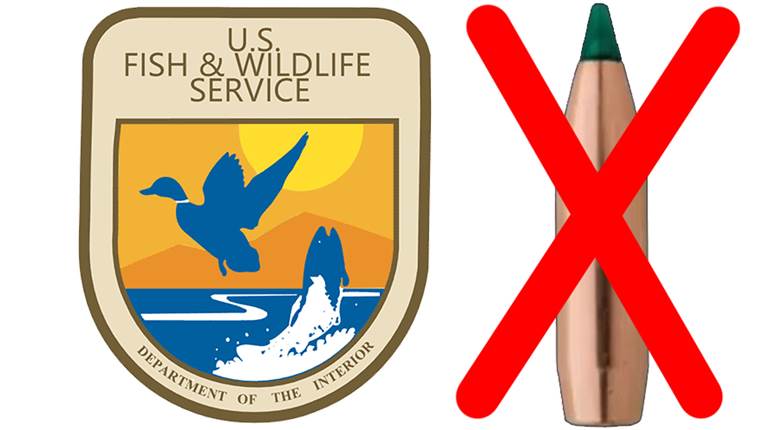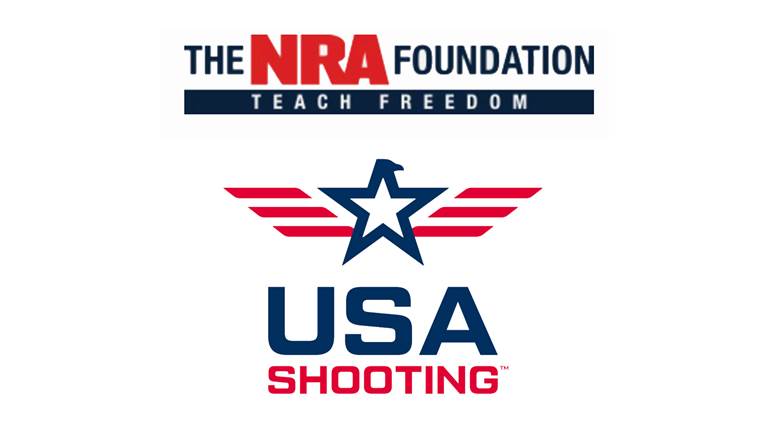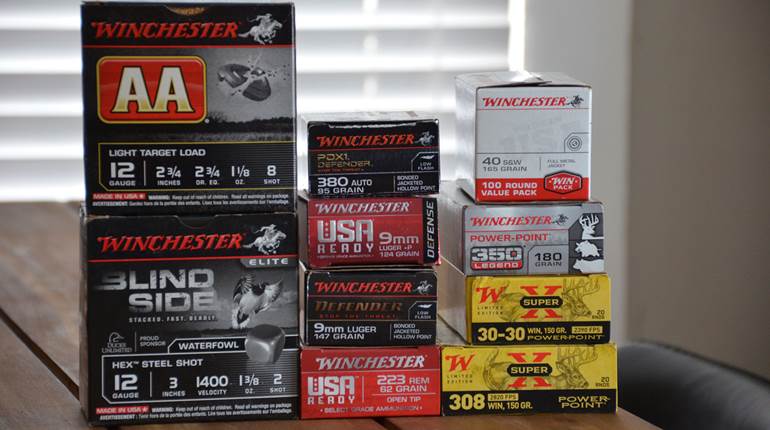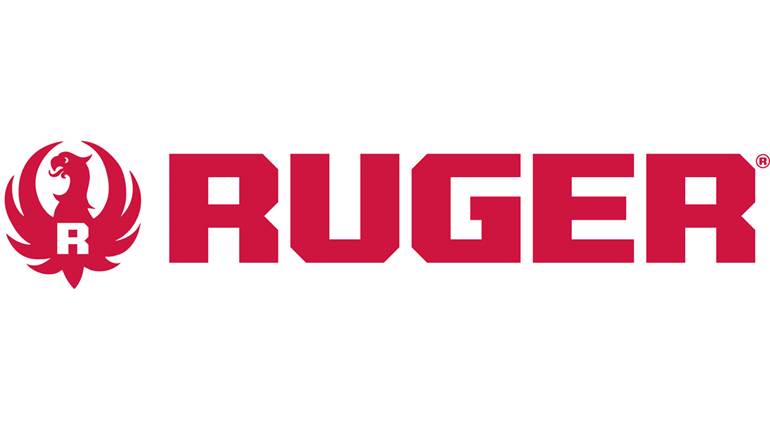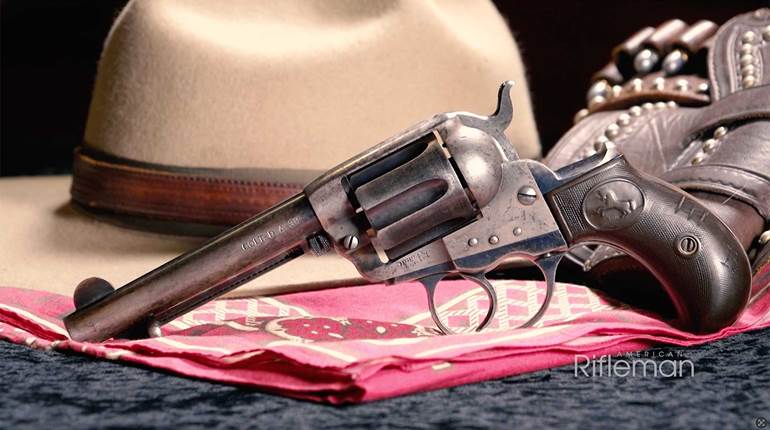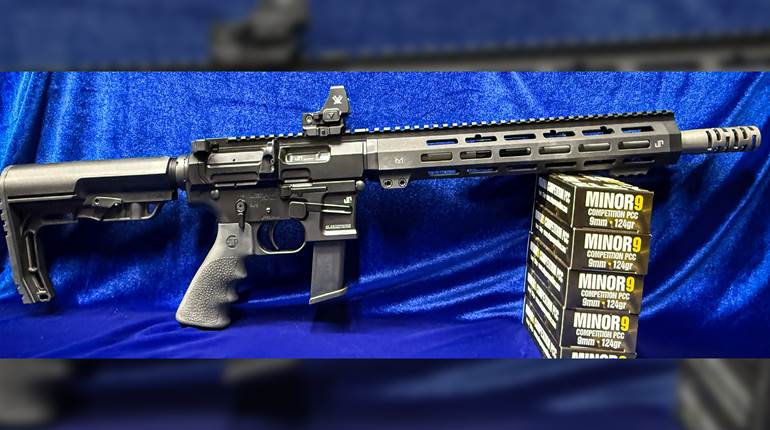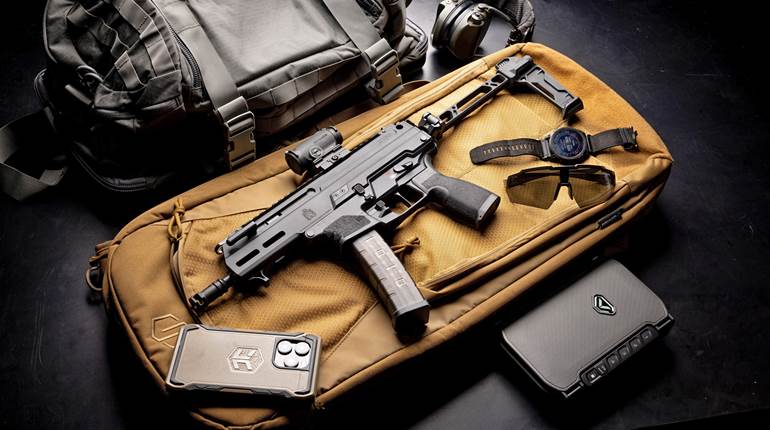
The United States Department of State imposed a new restriction on Aug. 20 under its Export Control Reform Act of 2018, that states, “New and pending permit applications for the permanent importation of firearms and ammunition manufactured or located in Russia will be subject to a policy of denial.” The change is part of economic sanctions in response to the alleged poisoning of opposition leader Aleksey Navalny with Novichok—a nerve agent banned by the international Chemical Weapons Convention.
The news comes on the heels of a nationwide ammunition shortage of 2020 that was only beginning to subside. Price of the inexpensive, mostly steel-case fodder popular for high-volume range sessions, climbed overnight after the announcement.
“These latest sanctions on Russia pursuant to the CBW Act will take effect upon the publication of a Federal Register notice expected on September 7, 2021, and they will remain in place for a minimum of 12 months,” the State Department Fact Sheet reads. “The sanctions can only be lifted after a 12-month period if the Executive Branch determines and certifies to Congress that Russia has met several conditions described in the CBW Act, 22 U.S.C. 5605(c), including (1) providing reliable assurances that it will not use chemical weapons in violation of international law, (2) it is not making preparations to use chemical weapons in the future, (3) it is willing to allow international inspectors to verify those assurances, and (4) it is making restitution to Mr. Navalny.”
Current permits for importation have not canceled as this is being written, although they are only authorized for two-year periods. That term indicates if the above demands are not met, Russian-made ammunition will likely be no longer available by sometime in 2023. Brands most familiar to enthusiasts that affected by the announcement include Tula, Barnaul, Brown Bear and Silver Bear, among others.












